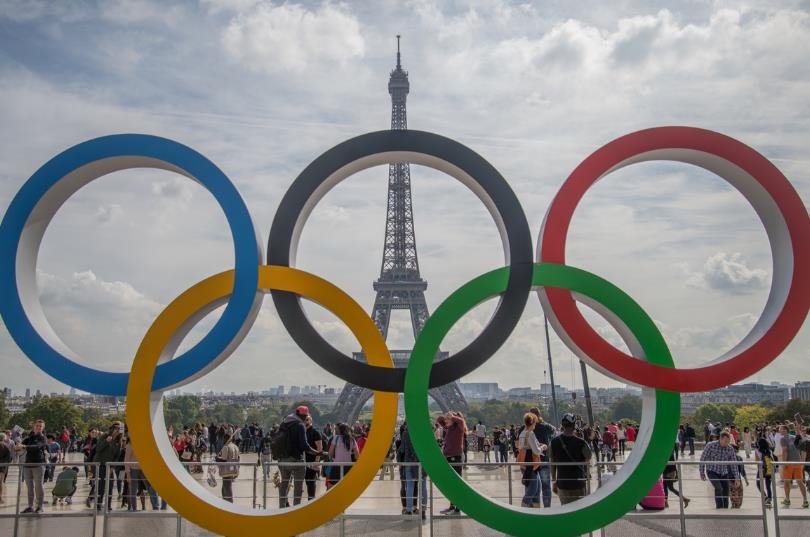Saudi Arabia has set its sights on hosting the 2036 Summer Olympics, a move that underscores the kingdom’s ambitious plans to position itself as a global hub for sports and culture. This bid is part of a broader strategy to diversify the economy and enhance the country’s international standing. However, the path to securing the Olympics is fraught with challenges, including infrastructure development, international competition, and human rights concerns. This article explores Saudi Arabia’s Olympic ambitions and the hurdles it must overcome to achieve this goal.
Saudi Arabia’s bid for the 2036 Olympics is driven by Vision 2030, an ambitious plan to transform the kingdom’s economy and society. Launched by Crown Prince Mohammed bin Salman, Vision 2030 aims to reduce the country’s dependence on oil revenues and develop sectors such as tourism, entertainment, and sports. Hosting the Olympics is seen as a key component of this vision, providing a platform to showcase Saudi Arabia’s progress and attract global attention.

The kingdom has already made significant investments in sports infrastructure and events. It has hosted major international competitions, including the Formula E race, the Dakar Rally, and high-profile boxing matches. These events have helped to build Saudi Arabia’s reputation as a destination for sports and entertainment. The bid for the 2036 Olympics is a natural extension of these efforts, aiming to cement the kingdom’s status on the global stage.
However, the bid is not without its critics. Concerns have been raised about the kingdom’s human rights record, particularly regarding the treatment of women and migrant workers. These issues could pose significant obstacles to Saudi Arabia’s Olympic ambitions, as the International Olympic Committee (IOC) places a strong emphasis on human rights and ethical standards. Addressing these concerns will be crucial for the kingdom to gain the support of the international community.
Infrastructure and Investment Challenges
One of the major hurdles Saudi Arabia faces in its bid for the 2036 Olympics is the development of the necessary infrastructure. Hosting the Olympics requires state-of-the-art sports facilities, transportation networks, and accommodation for athletes and visitors. While the kingdom has made strides in building new infrastructure, significant investments will be needed to meet the standards required for the Olympics.
The construction of new sports venues and the upgrading of existing facilities will be a massive undertaking. The kingdom has already announced plans for several major projects, including the construction of a new Olympic stadium and an athletes’ village. These projects will require substantial financial resources and careful planning to ensure they are completed on time and within budget. The success of these projects will be critical to the success of the bid.
In addition to sports facilities, the kingdom will need to invest in transportation and accommodation infrastructure. This includes expanding airports, building new hotels, and improving public transportation systems. These investments will not only support the Olympics but also contribute to the long-term development of the country’s tourism and hospitality sectors. However, the scale of these projects presents significant logistical and financial challenges.
International Competition and Human Rights Concerns
Saudi Arabia’s bid for the 2036 Olympics faces stiff competition from other countries. Several nations, including Indonesia, India, and Egypt, have expressed interest in hosting the games
Human rights concerns also pose a significant challenge to Saudi Arabia’s bid. The kingdom has faced criticism for its treatment of women, migrant workers, and political dissidents. These issues have raised questions about the country’s commitment to the values and principles of the Olympic movement. The IOC has made it clear that human rights considerations will play a crucial role in the selection process for future Olympic hosts.
To address these concerns, Saudi Arabia has taken steps to improve its human rights record. The kingdom has implemented reforms to increase women’s participation in sports and improve labor conditions for migrant workers. These efforts are part of a broader strategy to align the country’s policies with international standards and enhance its image on the global stage. However, more work is needed to convince the international community that Saudi Arabia is a suitable host for the Olympics.
In conclusion, Saudi Arabia’s bid for the 2036 Olympics is a bold and ambitious move that reflects the kingdom’s broader goals of economic diversification and international engagement. While the bid faces significant challenges, including infrastructure development, international competition, and human rights concerns, the kingdom’s commitment to Vision 2030 provides a strong foundation for success. By addressing these hurdles and demonstrating its ability to host a world-class event, Saudi Arabia can position itself as a leading destination for sports and culture.
